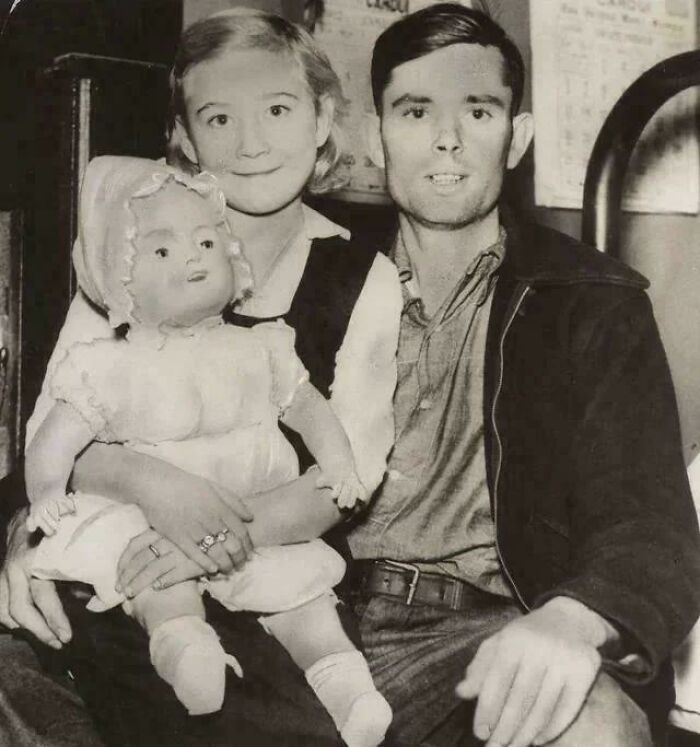In the past, not many people had the luxury of clicking photographs at any time. So, it’s interesting to see past photos that reflect a rich tapestry of historical events, cultural norms, and everyday life from a bygone era. Here are 17 of them.
1. A Mother And Her 8 Sons, All Served, All Came Home
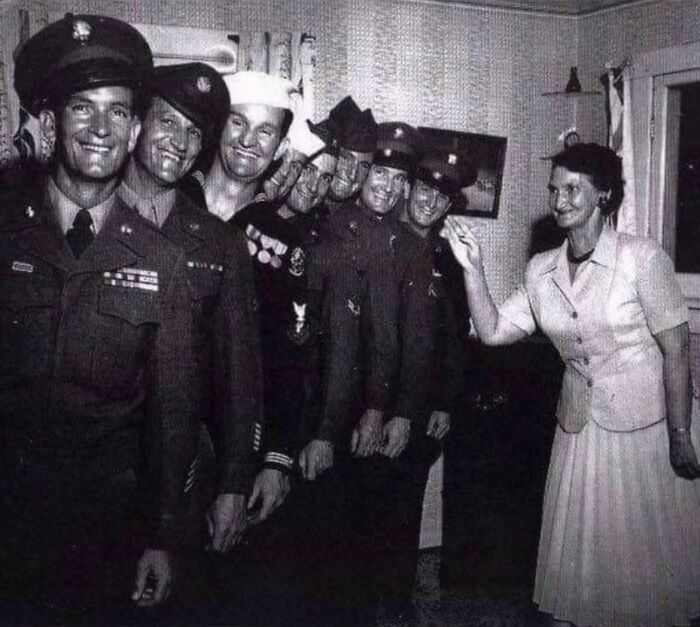
2. A Photo Of A Young Bedouin Kuwaiti Girl Holding Her Lamb, During The Gulf War, (1991)
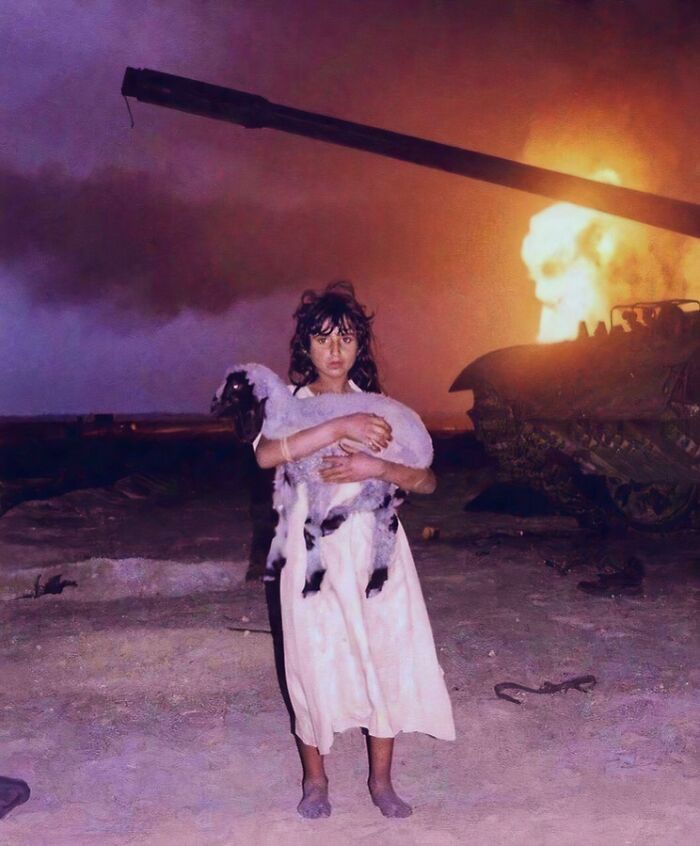
3. Until 1956, French Children Attending School Were Served Wine On Their Lunch Breaks
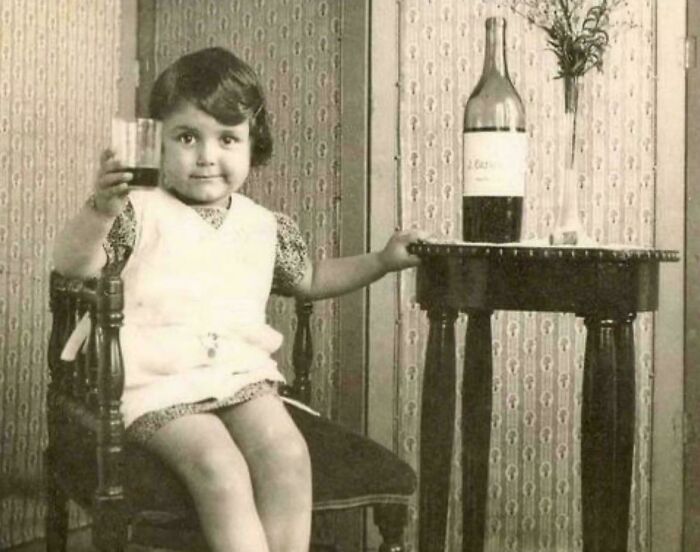
4. 87 Years Ago Sylvan Goldman Invented The Shopping Cart
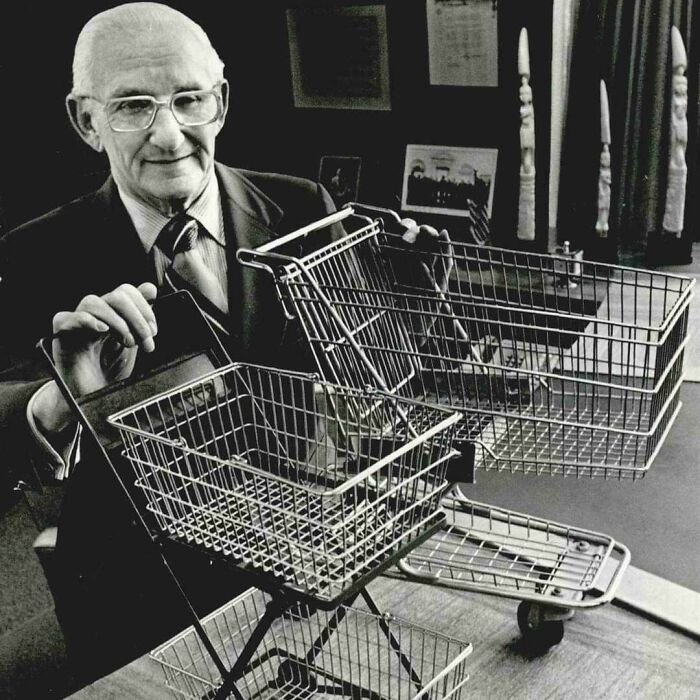
5. Charles Ebbets, The Man Who Took The Famous Photo Called ‘Lunch Atop A Skyscraper'(9/20/1932)

6. Man Recording A Concert On Cassette Tape In 1980s Poland
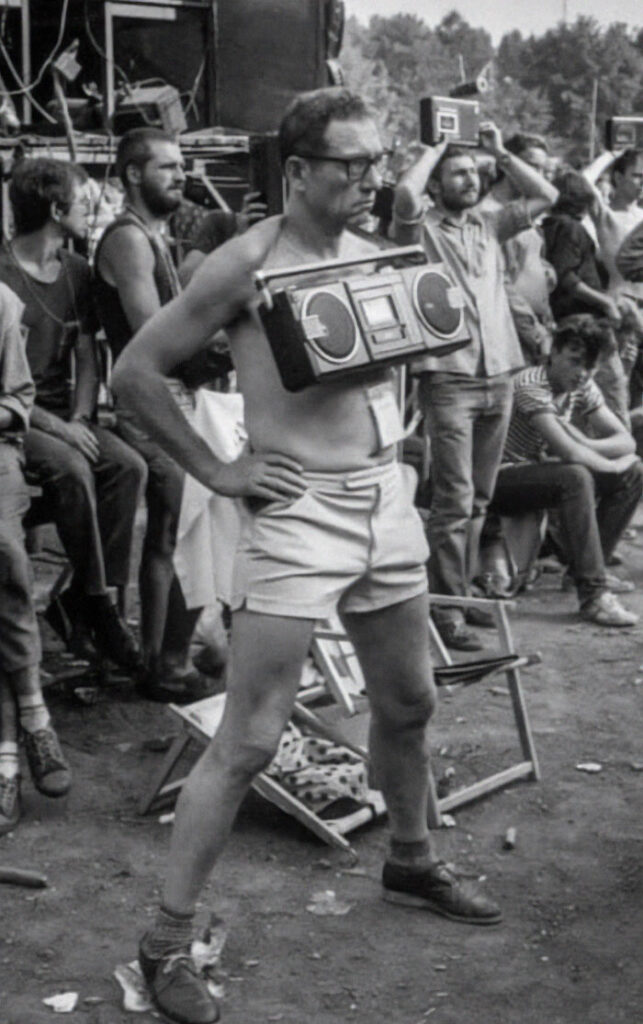
7. Vietnamese Babies Being Airlifted To The Us For Adoption In 1975
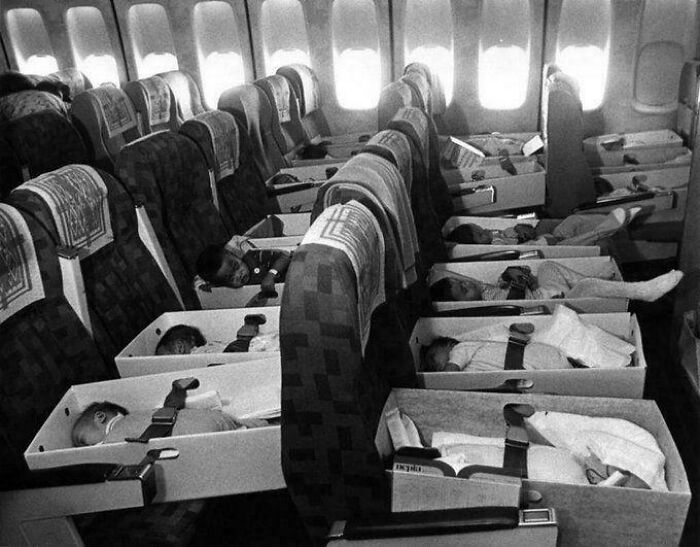
8. On January 19, 1977, For The First And Last Time It Snowed In Miami, Florida
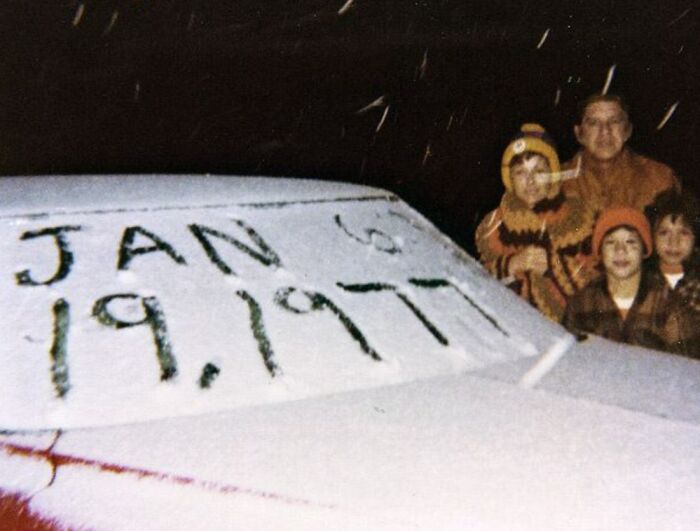
9. Morning Bathers In Las Vegas Watch A Mushroom Cloud From An Atomic Test 75 Miles Away, 1953

10. Miss Idaho Potato, 1935
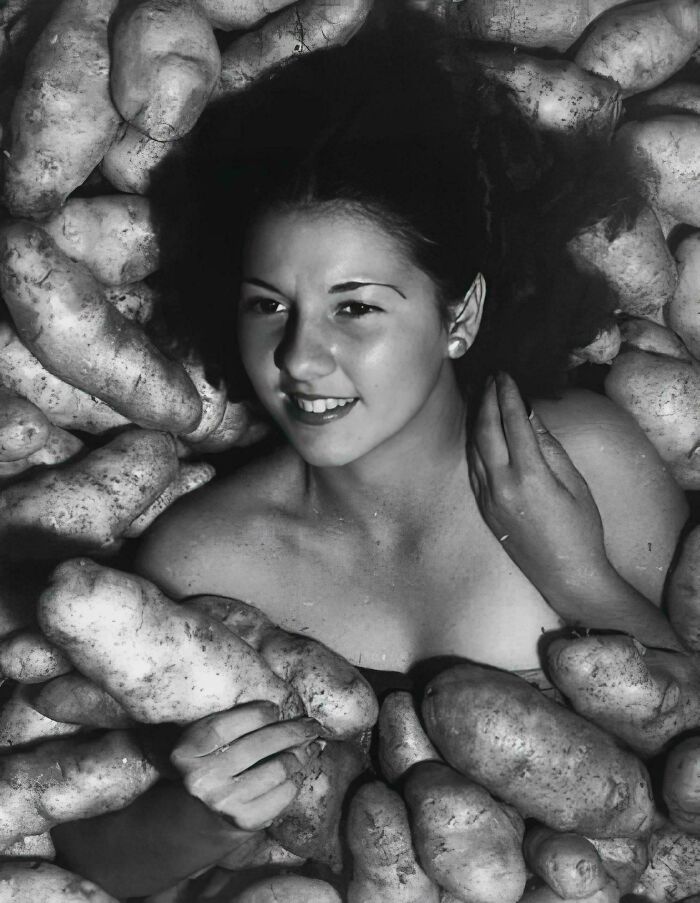
11. Cleaned Up Image From Shackleton’s British Antarctic Expedition, (1907-1908)

12. Colorized Pic Of Princeton University Students After A Snowball Fight, 1893
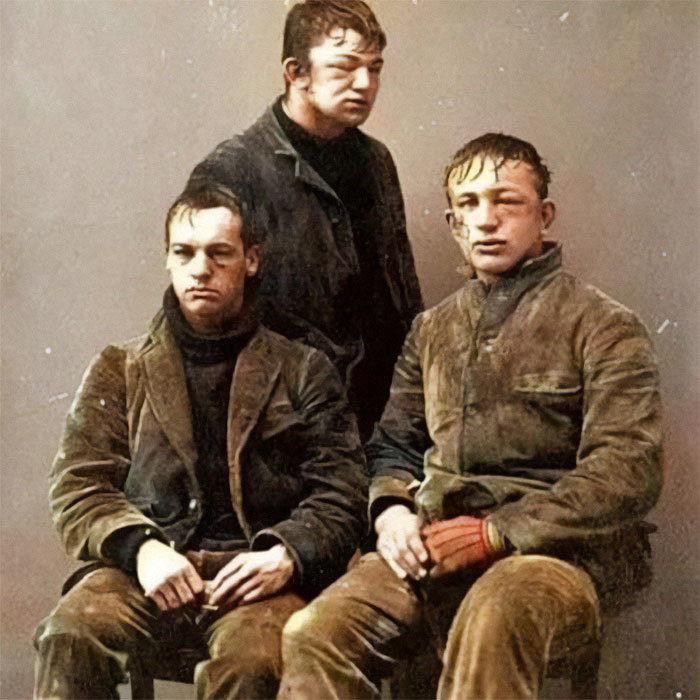
13. A Lipstick Tester From The 1950s. Hired To Test Durability And Color Of Lipstick
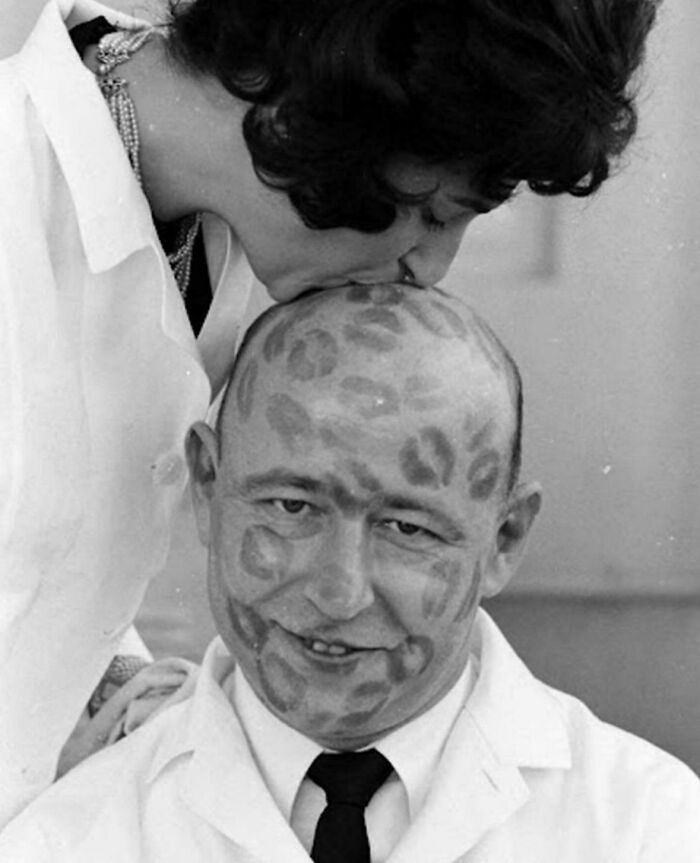
14. Ed Clarity’s Photo Of A Woman About To Snatch A Kid From Water With A Net At Rockaway Beach ,ny,1958
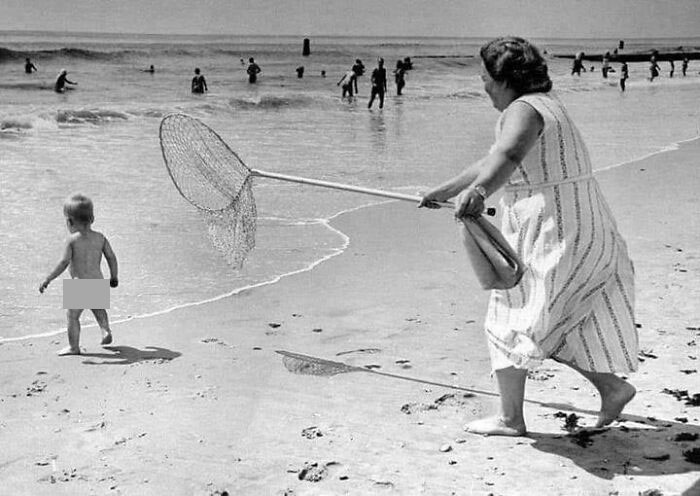
15. World Record Polar Bear Taken In 1961

16. Me, Age 7, Dressed Up As Our Dog For Halloween
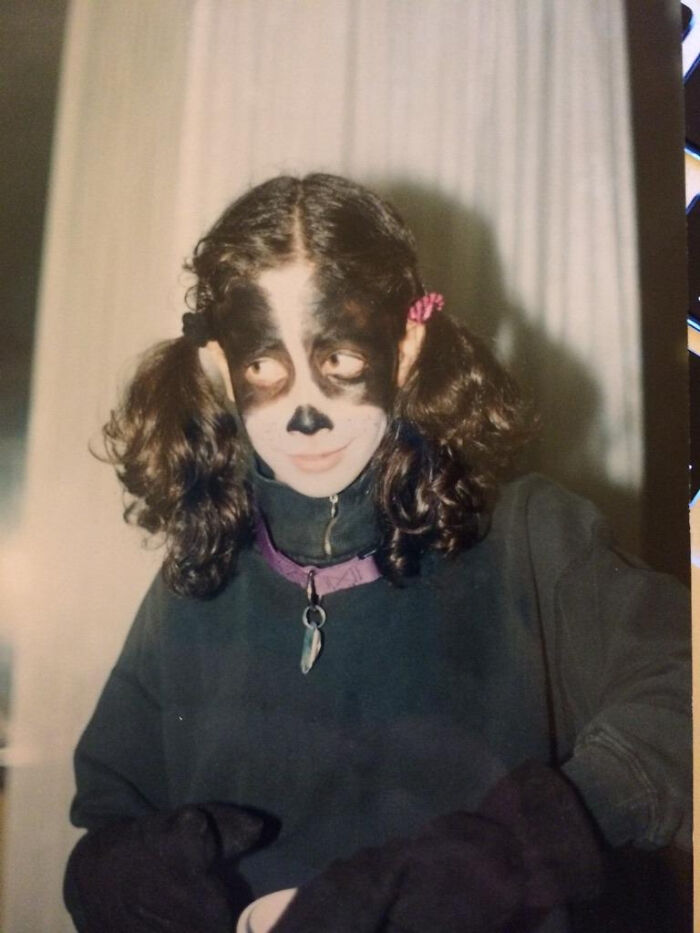
17. -Year Old Eunice Winstead Johns And Her Husband, 24-Year-Old Charlie Johns, Tennessee 1937
